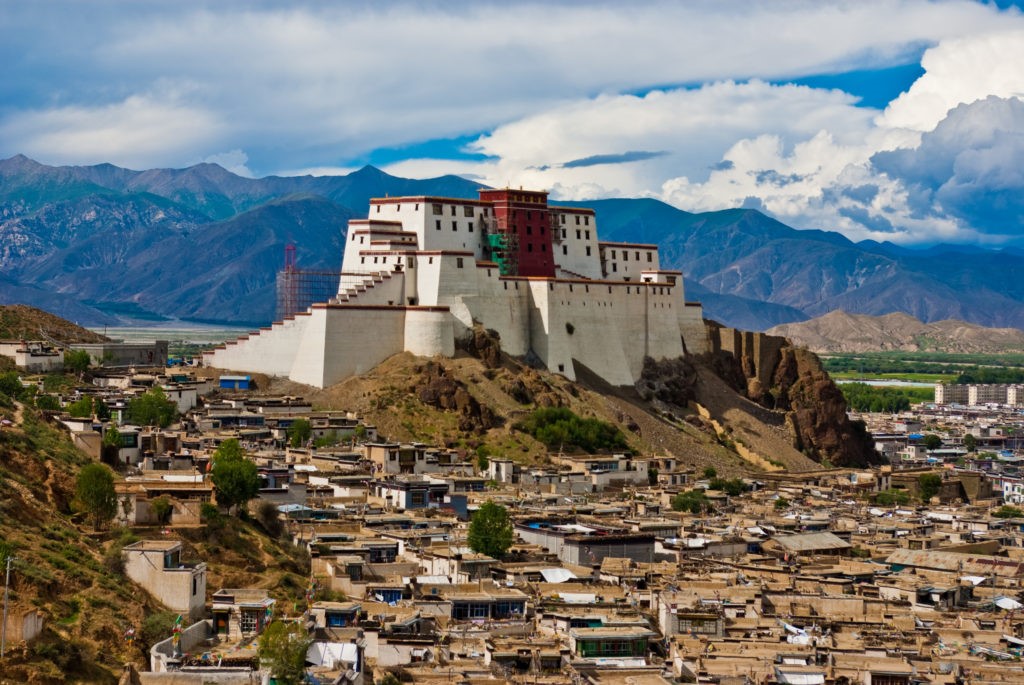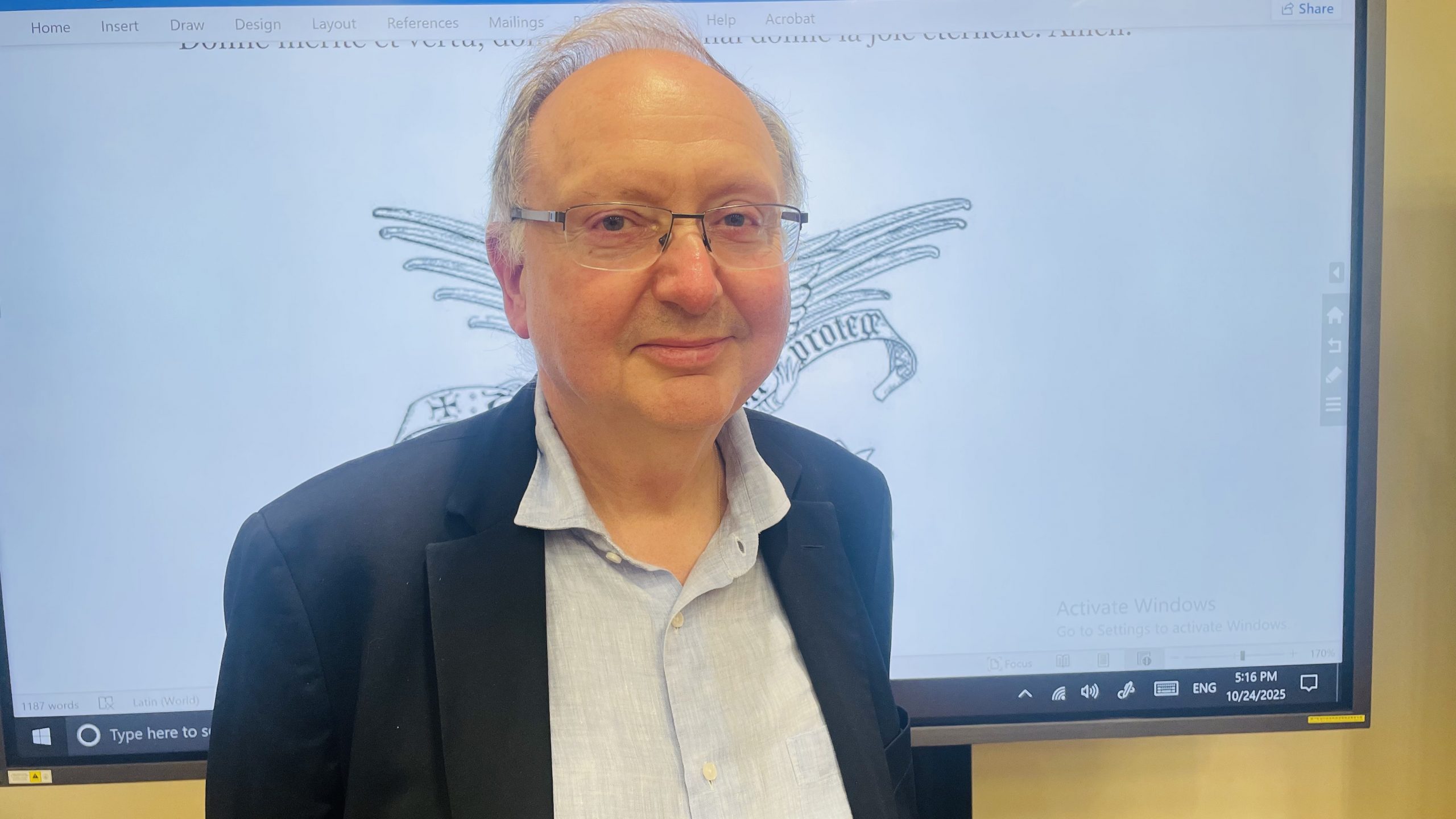– Joaquim Magalhães de Castro
Cabral says, in his letter entitled Relation of the Mission of the Kingdom of Utsang, head of the Potent, that, since their arrival, the king of Central Tibet treated them with great consideration, an attitude that would not change with the news from Bhutan blackening the image of the two religious men. He tells us that he departed on December 18 from Bhutan and arrived in Utsang on January 20, making some stops on the way until he arrived “at the King’s lands.”
Upon his arrival, early in the morning, the Tibetan monarch summons him to his presence (and also to Fr Cacela, who had been there for a few months) “showing us again the joy of our coming to his Kingdom.” The next day, the Portuguese would explain to him the reasons that had led them to undertake such a bold journey. The monarch listened to them very attentively and encouraged them to engage in the study of the local language, “because he would like to speak with us more often about such matters.” This attitude would be repeated, and the main monk of the monastery of Shigatse was charged, by higher order, to write a document stating “that our Holy Law is the best of all, and that it is well that all learn for the salvation of their souls.” Of course, this is a very subjective interpretation of Cabral. The Tibetan sovereign gave them good houses in a place of excellence, providing them “with tools and boys for service,” all with great generosity. Cabral and Cacela were given “the daily ration given to everyone from the fortress in the King’s pantry and out of this a monthly allowance usually given only to the captains,” which was not only sufficient for their sustenance but also allowing them to practice charity by offering alms. Demba Cemba even deputized a page so that nothing was missing. He also gave them the honor of having them called every day and teach them the language. Cabral recounts this privilege, which was not for everyone: “our close relationship with Demba Cemba is spoken among his own, because this King is not easily approached, not even the main people were able to do so.”
However, at the Shigatse court there were two lamas, “Shabdrung’s servants,” who, in order to prevent the Jesuits from settling in the neighboring court, sought to speak to the King personally and, “not being admitted, did so by officers.” They also tried to stoke all the many lamas in the city, “who are unnumbered,” against Cacela and Cabral, “saying we were priests sent only to destroy their pagodas, evil people, destroyer and blasphemers of their law.”
Fortunately, at that time the chief lamas, “those who could speak directly with the King,” were not at the court. Nevertheless after the slanderous rumor, Demba Cemba turned out to be “less excited about our coming, not in the treatment, which was always the same, but in grace and affability, where it seems, (if it is not our imagination) has diminished somehow, and it is to give thanks to Our Lord not to cause this greater change, because the King does not know us well enough and is very afraid of the witchcraft of the lamas.”


 Follow
Follow


